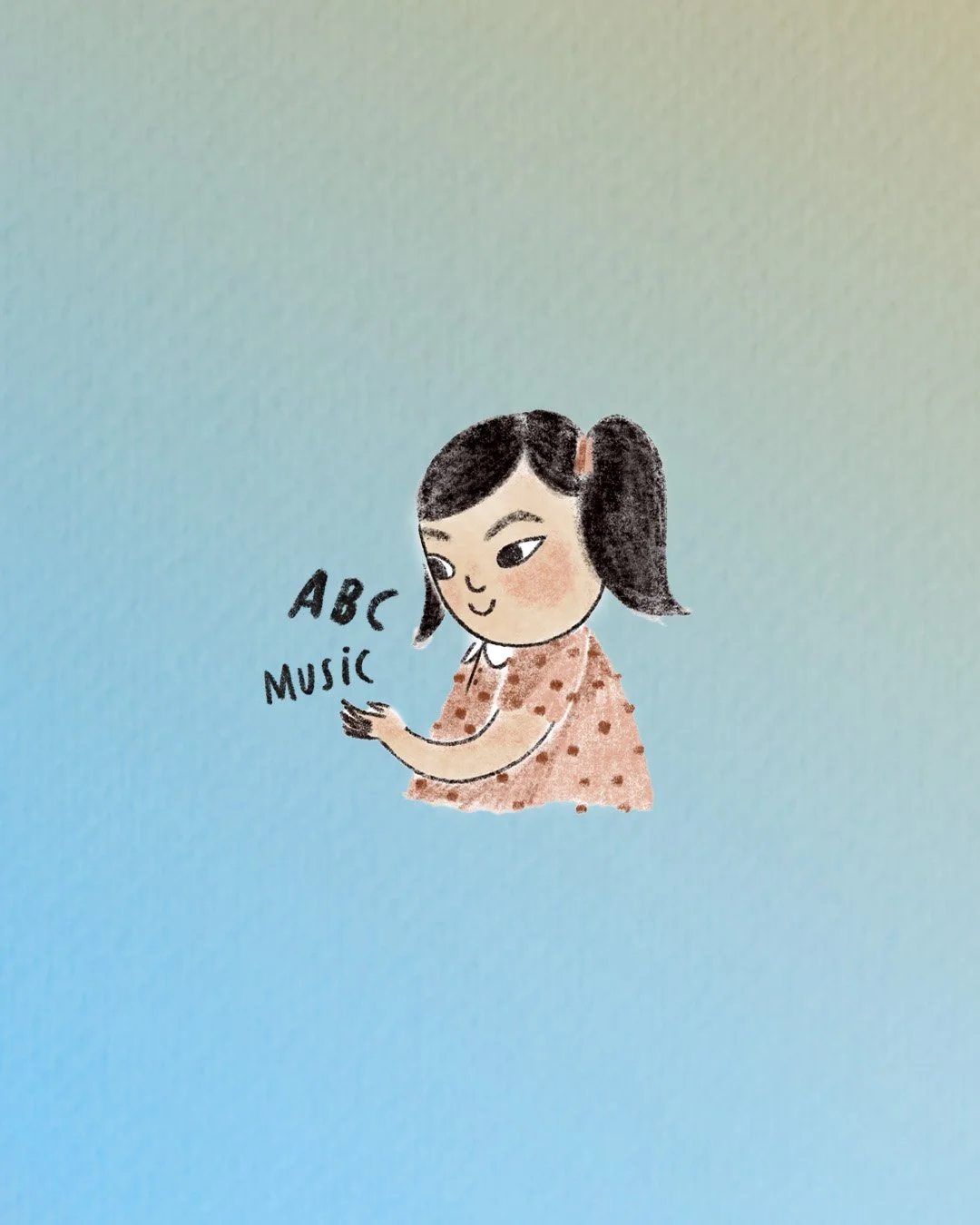The Importance of Self-Care for Parents of Children with Special Needs
Being a parent is a full-time job, and even more so when you are caring for a child with special needs. It's important to remember that taking care of yourself is just as important as taking care of your child. By practicing self-care, you can reduce stress, improve your mental and physical health, and ultimately be a better caregiver to your child. Make sure to carve out time for yourself, prioritize rest, eat well, exercise, and find ways to recharge your batteries. By taking care of yourself, you can be the best version of yourself for your child.
Here are three tips for incorporating self-care into your routine:
Schedule time for yourself.
Carve out specific times in your weekly routine to focus on self-care activities, such as exercise, hobbies, or spending time with friends.
Practice mindfulness.
Take a few moments each day to focus on your breathing and clear your mind. Consider practicing meditation or yoga to help reduce stress and increase relaxation.
Ask for help.
Don't be afraid to reach out to trusted partners, family, friends, or professionals for support. Accepting help and delegating tasks can help reduce your workload and give you more time to focus on your own well-being.
As a parent of a child with special needs, you have a lot on your plate. It's understandable that your child's needs may take priority over your own, but it's important to remember that self-care is not selfish – it's necessary. By taking care of yourself, you can better care for your child and meet the demands of your role as a caregiver. So make sure to schedule time for yourself, practice mindfulness, and ask for help when you need it. Remember that you are not alone, and there are resources and support available to help you on your journey. By prioritizing self-care, you can cultivate resilience, reduce stress, and improve your overall well-being. And most importantly, you can be the best version of yourself for your child.




